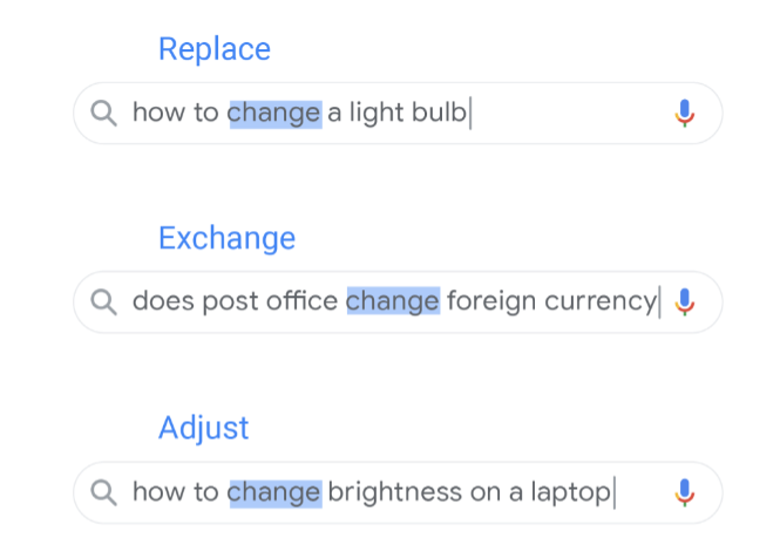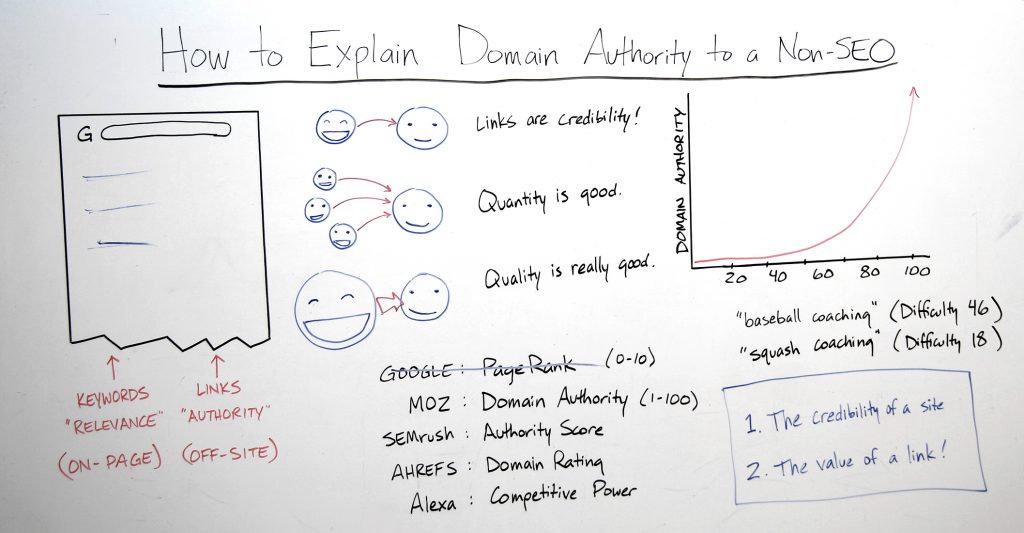Which Factors Matter Most for Winning SEO Rankings?

By Nick Nelson
The inner workings of the Google search algorithm have long been considered one of the great mysteries in digital marketing.
Specific ranking factors, and how they are weighted, can be difficult to nail down due to the complexity, dynamism and sheer volume of attributes evaluated by search engines. Not to mention, Google and other companies tend to keep proprietary details close to the vest.
However, based on information that has been shared publicly, as well as some eye-opening document leaks, search marketers have been able to piece together a fairly complete and up-to-date picture of SEO ranking factors.
At TopRank Marketing, we make it our business to maintain a clear understanding of what matters most when it comes to ranking in SEO, and which aspects should be prioritized by brands aiming to win for competitive terms. Now, we’re making it your business as well.
SEO ranking factors according to Google
In their official resource center, Google has a page explaining how results are automatically generated, dividing the process of fetching results into five facets:
- Meaning: Google establishes the intent behind your query by leveraging language models that match your search terms to useful content.
- Relevance: Content is analyzed to assess whether it contains information that might be relevant to what the user is looking for.
- Quality: The engine prioritizes pages that seem most helpful, by identifying signals that help determine which content demonstrates expertise, authoritativeness and trustworthiness.
- Usability: As a secondary threshold, content that people will find more accessible – e.g. mobile responsiveness and fast page loads – can see a boost.
- Context: Results are personalized for relevance based on information such as user location, past search history, and search settings.
The screenshot above, via Google, illustrates how the search engine’s model recognizes and contextualizes intent behind various queries. Per the company, “This system took over five years to develop and significantly improves results in over 30% of searches across languages.”
Another important note from Google: “If you search for trending keywords, our systems understand that up-to-date information might be more useful than older pages. This means that when you’re searching for sports scores, company earnings or anything related that’s especially new, you’ll see the latest information.” We’ve seen this play out time and time again with client programs: pages that focus on fast-changing topics can lose rankings in a hurry when not updated regularly.
A deeper third-party look at SEO ranking factors
The above guidelines from Google are quite useful in creating content that’s built to rank. Understanding the search intent behind a keyword, and creating something of relevance and high quality to meet it, will be the primary path to gaining organic visibility. That’s no secret, although it’s easier …read more
Source:: Top Rank Blog








